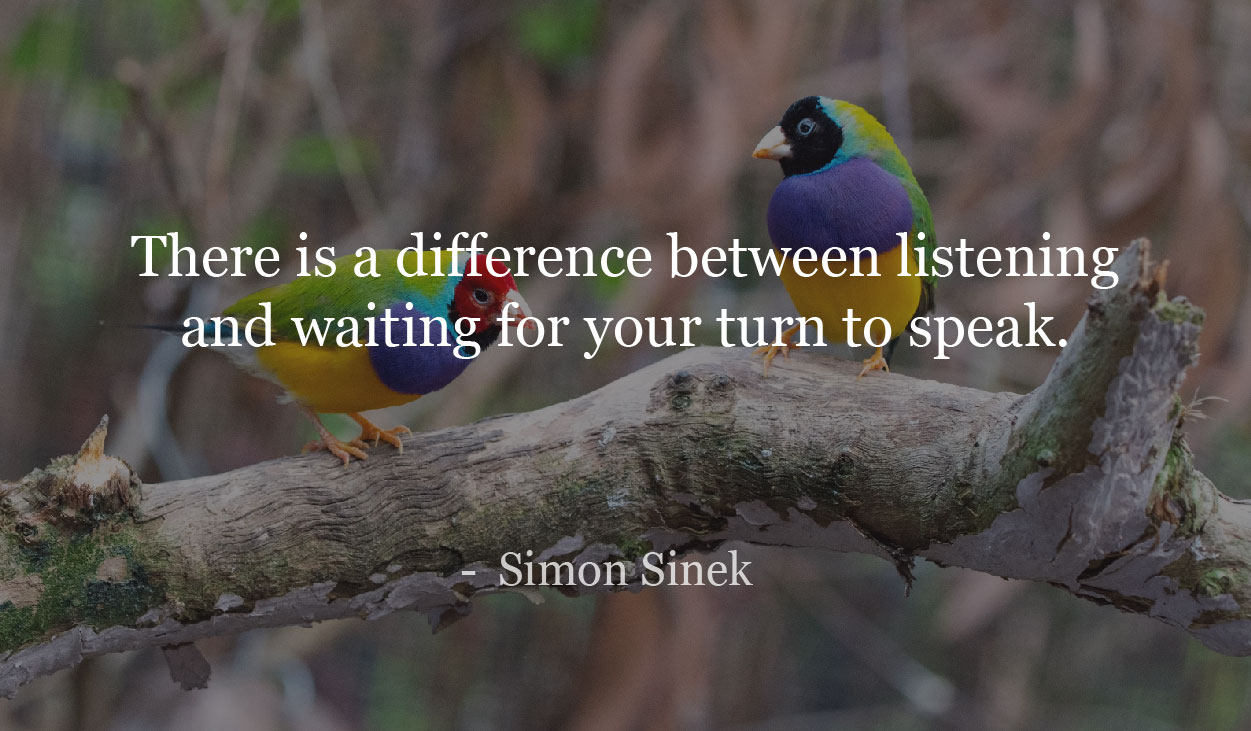In today’s fast-paced world, the art of truly listening has become increasingly rare.
Too often, conversations are dominated by noise, and the rush to respond leaves little room for genuine empathy.
We tend to push people towards solutions without first understanding where they want to go.
Imagine the frustration of trying to express yourself, only to be met with half-hearted attention or premature advice. This common scenario highlights a gap in our ability to connect and empathize with others, undermining the very essence of healing and spiritual growth.
For Reiki teachers, this barrier prevents the deep, empathetic connections necessary to effectively guide and support their clients.
But this can change once you learn that listening can become a “superpower.”
By developing the ability to listen on three levels: listening to oneself, to others, and to one’s intuition, you can help those in need surface answers by themselves.
This spiritual attribute will foster deeper connections and set you apart as a teacher, spouse, parent, or friend.
The 3 Stages Of Listening
Through practice and experimentation, I identified many cracks and potential improvements.
These insights came from working with others as well as observing teachers at work. I saw how people responded when they were rushed. But also how they took no action when they found a shoulder to cry on.
Still, while there are certainly many nuances in between, I believe approaching listening as a structural process can be both efficient and rewarding.
1) Listening To Yourself
Meditate whenever possible without overthinking. Calm your mind and try to listen to what’s inside. Pay attention to both your light and shadow sides and let them guide you toward those perspective-shifting “a-ha” moments.
The aim here is to identify where you’re at, your deeper desires, and how to better connect with others’ goals and challenges.
2) Listening To Others
Learning how to listen to others is all about balance. You have to know not to rush a person nor become a shoulder they can cry on.
It’s when you lay a foundation for genuine empathy – the heart of healing, I might add.
Fostering a deeper connection with your clients means offering them the best advice and guidance without borrowing too much of their energy.
You do this through exercise. With each session, you’ll see a reflection of your inner self.
It might not be comforting at first. But time and practice will give you the tools to navigate different types of meetings as well as the insights you need to evolve.
You’ll uncover what needs healing and which spiritual potentials to enhance. Acceptance and inner work are key for your growth as a teacher and a person.
3) Tuning In Your Intuition And Divine Messages
These two interconnected elements represent the steering wheel that sits beyond your conscious knowledge.
Based on your current level of understanding, you’ll identify the optimum actions you need to take in treatments and receive that ‘gut feeling’ informing you whether you should make a right or left turn.
Conclusion
Listening, in its purest form, is an act of love.
It’s all about giving your undivided attention and creating a space where the other person feels seen, heard, and valued.
Listening implies mastering your ego and silencing your mind.
In a world that prioritizes quick solutions over meaningful connections, rediscovering the art of listening can transform spiritual interactions.
Lead with empathy, be assertive, and you’ll grow as a result of your implication.
As far as I know, there isn’t a specific path to follow to become a better listener.
But I can tell you that it’s more about when to listen and the questions you ask than the time spent hearing others talk.
Embrace listening as a spiritual attribute that sits next to understanding and compassion to become not just a better Reiki teacher but also an honorable person.
